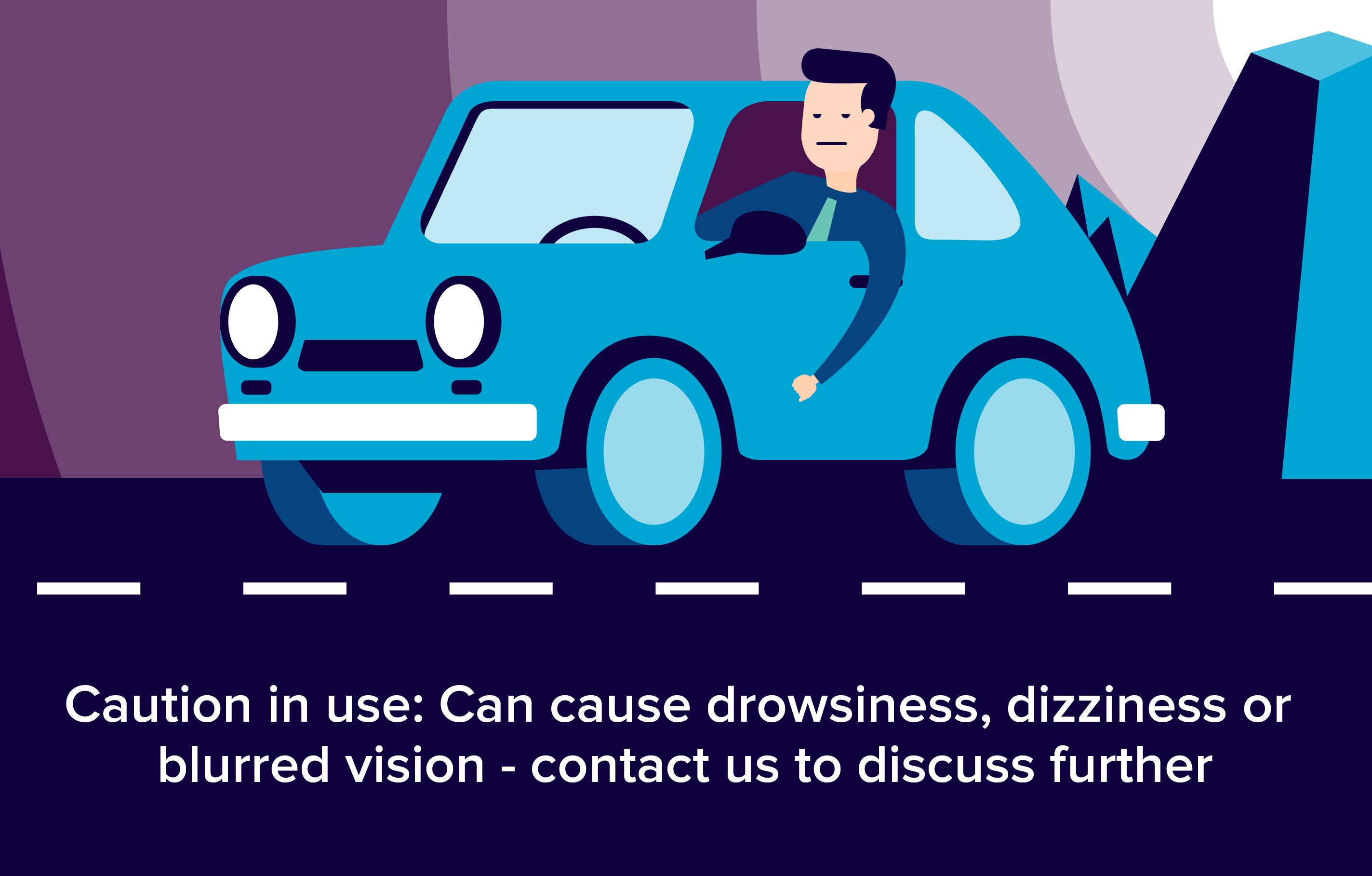Capoten (Captopril) is used to treat high blood pressure and certain heart conditions. Capoten can also help people whose heart no longer pumps blood as well as it once did. This condition is known as heart failure. Capoten may also be used to treat patients who recently suffered a heart attack.

Why have I been prescribed Capoten?
- Capoten (Captopril) is used to treat high blood pressure and certain heart conditions. If high blood pressure is left uncontrolled it can increase the risk of heart disease or stroke.
How does it work?
Capoten belongs to the group of medicines called Angiotensin Converting Enzyme (ACE) Inhibitors. ACE inhibitors work by helping to widen your blood vessels, which then make it easier for your heart to pump blood through them.
When and how do I take it?
- You should try to take Capoten at about the same time each morning. It can be taken before, during or after meals.
- Even if you feel well continue to take Capoten until your doctor tells you otherwise.
- Sometimes patients may feel dizzy after taking the first one or two doses of Capoten. If this happens to you, lie down until these symptoms disappear.
What’s the dose?
The usual doses are:
For the treatment of high blood pressure:
- The usual starting dose is 12.5 - 25mg twice a day. Your doctor may gradually increase this dose to 100 - 150mg a day. You may also need to be given other medicines to lower your blood pressure.
- Older patients and those with kidney problems may be given a lower starting dose.
In heart failure:
- The usual starting dose is 6.25 – 12.5mg two or three times a day. Your doctor may gradually increase this dose to a maximum of 150mg a day.
After a heart attack:
- The usual starting dose is 6.25mg, which will then be increased by your doctor to a maximum of 150mg a day.
For the treatment of diabetic patients with kidney disease:
- The usual dose is 75 - 100mg a day.
For children:
- The starting dose is 0.3mg/kg bodyweight, which may be increased gradually by the doctor. For children with kidney problems, premature babies and newborn babies and infants, the starting dose should be 0.15mg/kg bodyweight.
Could it interact with other tablets?
Please tell your doctor or pharmacist if you are taking or have recently taken any other medicines, including medicines obtained without a prescription. It is especially important to tell your doctor if you are taking any of the following:
- Non steroidal anti-inflammatory painkillers NSAIDs (e.g. indomethacin, ibuprofen),
- Immunosuppressants (e.g. azathioprine and cyclophosphamide),
- Potassium supplements, salt substitutes containing potassium or any other medicines which can increase potassium in your body, e.g. (amiloride, spironolactone),
- Water tablets (diuretics),
- Medicines for gout (e.g. allopurinol),
- Medicines for diabetes (as the amount you need to use may have to be changed while taking Capoten),
- Medicines that cause dilation of the blood vessels (e.g. minoxidil, clonidine),
- Medicines to treat mental health problems including depression (such as lithium or amitriptyline),
- Any other medicines to treat high blood pressure (e.g. beta-blockers such as propanolol, atenolol or calcium channel blockers such as amlodipine, nifedipine),
- Any medicine that may be used during and after a heart attack.
Herbal supplements should be used with caution and only after informing your doctor first.
What are the possible risks or side-effects?
If you experience any of the following reactions stop taking Capoten and contact your doctor immediately:
- Swelling of the hands, face, lips or tongue.
- Difficulty in breathing,
- A sudden, unexpected rash or burning, red or peeling skin,
- Sore throat or fever,
- Severe dizziness or fainting,
- Severe stomach pain,
- Unusually fast or irregular heartbeat,
- Yellowing of the skin and/or eyes (jaundice).
Common side effects (affecting between 1 in 10 and 1 in 100 people):
- Dizziness,
- Dry mouth,
- Itching,
- Sleep problems,
- Rashes,
- Diarrhoea or constipation,
- Hair loss,
- Dry, irritating cough,
- Changes in the way things taste,
- Upset stomach, sickness, abdominal pain.
- Shortness of breath.
Can I drink alcohol while taking it?
- Moderate amounts of alcohol will not affect Capoten.
- Always ask your doctor/pharmacist however as this may depend on what other tablets you are taking.
What if I’m pregnant/breastfeeding?
- Capoten is not recommended during the first trimester of pregnancy. When a pregnancy is planned or confirmed, the switch to an alternative treatment should be initiated as soon as possible. Capoten cannot be used during the second and third trimesters of pregnancy.
- Capoten cannot be used while breast feeding.
If you have any more questions please ask your Pharmacist.
Remember to keep all medicines out of reach of children
Please Note: We have made every effort to ensure that the content of this information sheet is correct at time of publish, but remember that information about drugs may change. This sheet does not list all the uses and side-effects associated with this drug. For full details please see the drug information leaflet which comes with your medicine. Your doctor will assess your medical circumstances and draw your attention to any information or side-effects which may be relevant in your particular case.
References:
https://en.wikipedia.org/wiki/Captopril
http://www.drugs.com/capoten.html
http://www.rxlist.com/capoten-drug.htm
http://www.medicines.org.uk/emc/medicine/18943/PIL/CAPOTEN+TABLETS+25+mg
https://www.nlm.nih.gov/medlineplus/druginfo/meds/a682823.html

